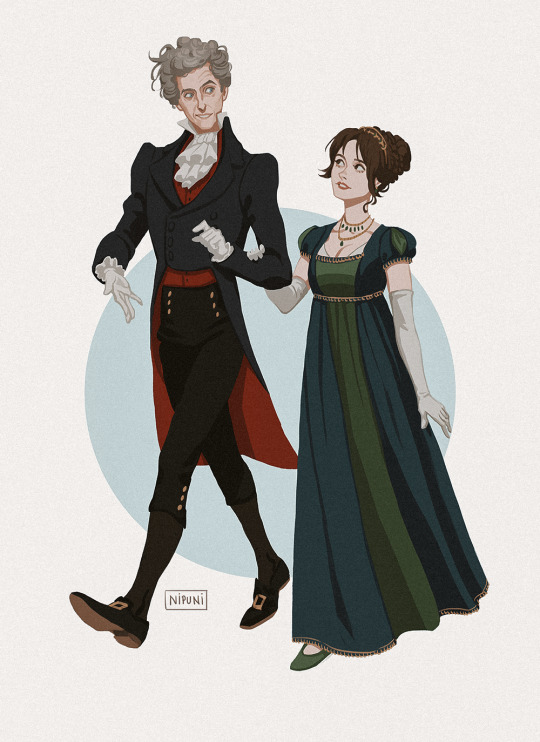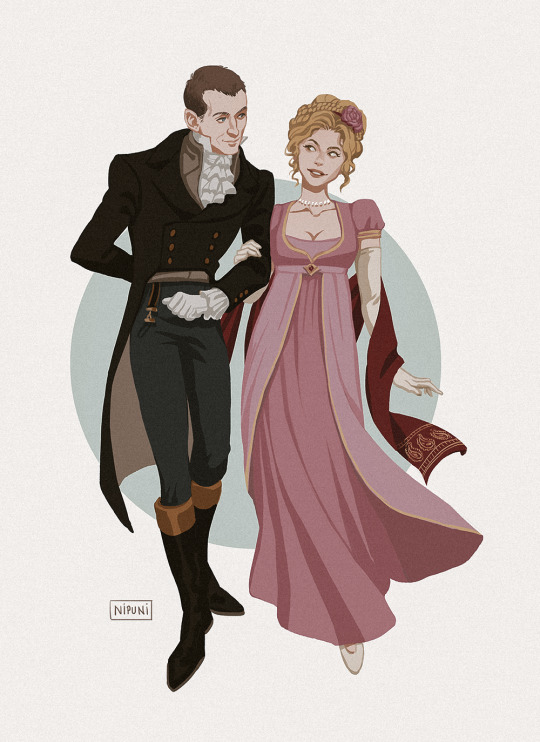A blog about...stuff. Blogabble stuff. Stuff that I like to blog about. White. Bi. She/Her.
Last active 60 minutes ago
Don't wanna be here? Send us removal request.
Text
perfumes for femdoms

old school femdom she's not interested in whips and chains she just uses you as a little play thing from time to time. always smells like the smoke trapped in a fur coat and the leather from her worn down beaten up purse.


twin dommes. they finish each others sentences and envelop you in their heady rich scent when they walk in the room. kris and kozy from nowhere (1997)

maybe its because i know madonna wore this but this does smell 80s in a way i love. another old school domme but she is all leather and chains and theres a hint of sweetness in the carnal floral. she laughs when she flogs you but its all in good fun


mommy doms but in two completely different ways. love tuberose is comforting, motherly. she still smells like breast milk and nivea cream. wears cosy sweaters and calls u her little thing. she wants you sweet
poudrextase presents herself as the former, but she likes corrupting you. this kinda smells like dirty tights and making out. a little saliva tinged with a milkshake and skin soaked nylon. she puts you in cat ears.

shes been in the game a while. she doesnt care anymore, but that jasmine is still powerful even tho its rather simple? passé even? too secure in herself to care about the frills.

stone cold bitch of a domme. aftercare consists of her cleaning you up and buying you an uber. you like the detachement. she smells as cold as she acts, the hint of pepper underneath alludes to a humanside of her you dont get to see.
87 notes
·
View notes
Text
What happens to all the Disney kingdoms by the time of the modern day. Was the kingdom from Tangled absorbed into the Second French Empire, or did it stay an independent principality like Monaco and derive most of its economy from tourism and being a billionaire tax haven
747 notes
·
View notes
Text
What do you think the Q in Maxwell Q. Klinger stands for?
#Nothing actually#Like my dad who literally has the middle initial 'Q' and it stands for nothing#m*a*s*h
17 notes
·
View notes
Text
Location Notes
Hertfordshire(and all the places within it)=South Brunswick
Pemberley=Somewhere in Westchester County
Rosings=In Southampton
Elliot and the Gardiner's vacation spot=Long Island
Where the Gardiners actually live=Brooklyn, near the Navy Yard
Brighton=Atlantic City
(Also since it matters now, we'll say the Bingleys moved from one of the really posh suburbs in Connecticut. Charles' Charlotte's older brother Caroline Calvin is such the picture of a sneering, sweater-around-the-shoulders, lockjawed prep that he starts to feel like a parody of himself. It's amusing but also genuinely irritating.)
Turning over the idea of an all-genderflipped Pride and Prejudice, not for the first time, and it suddenly occurs to me...is a female Fitzwilliam Darcy just Emma Wodehouse?
23 notes
·
View notes
Text
Tumblr did not “Goncharov” Poob. Poob is Glupp Shittoing Tubi/Pluto/Roku Channel/Hulu/etc.
43K notes
·
View notes
Text
As for the main plotline...I don't think the Bennetts being (comparatively) poor should be as much of a factor (though it's still the case; Francesca's family runs this extremely successful regional business that goes back to the 1800s), nor do I think it makes sense for a modern teenage girl to be worried about dating a boy because his family acts weird. I think, rather than objecting to falling in love with this boy specifically, Francesca's pride leads her to find falling in love at all to be personally humiliating. Here she is, a straight-A student at Lambton Prep, a shelf full of swimming and fencing trophies, the Heir to her family's company (she is weirdly intense about this for a seventeen-year-old) and all of a sudden she's having feelings again? Feelings of nervousness? Like some kind of toddler? Impermissible.
Her first attempt at a love confession would involve a lot of "All right, you bastard, you've knocked the queen down off her feet. Go ahead and gloat at my humiliation; I know you want to." which angers Elliot, firstly because he assumes that she does find falling in love specifically with him to be particularly humiliating (this is where he's wrong) and secondly because she's just all but said that she believes him to be the kind of person who would laugh at someone's accute distress, which is a rather unflattering thing to insinuate about someone when you think about it (this is the part where he has a point.) "What, you're just brushing me off? After I've already told you that you win?" "Maybe I don't want loving me to feel like losing."
Turning over the idea of an all-genderflipped Pride and Prejudice, not for the first time, and it suddenly occurs to me...is a female Fitzwilliam Darcy just Emma Wodehouse?
23 notes
·
View notes
Text
#Sinners and Buckaroo Banzai#Two great tastes that...don't really work together if I'm being honest#I mean you'd think maybe there'd be something there#what with both of them having characters who are musicians and a character who's mixed-race#but...no. It just doesn't cohere‚ I'm afraid
6K notes
·
View notes
Text
this is a poll for a movie that doesn't exist.
it is vintage times. the old hollywood studios, captivated by the electorate's previous casting of cinema classic dracula, have decided to celebrate jane austen's 250th by releasing an all-new vintage motion picture extravaganza based on her celebrated romance pride and prejudice. whoever is cast will impact the picture's tone and genre, so they are counting on you, the electorate, to deliver cinema magic.
you are the casting director for this star-studded epic. choose your players wisely.












This is one of many polls that will gradually drop over the next few weeks. You can find all the P&P polls under #pride and prejudice casting. If you need a reminder on who's who, here's the Wikipedia page listing the cast of characters.
529 notes
·
View notes
Text
i feel like people should just start calling themselves posers. yeah i really like wearing beaten jean vests and spiky hair no i cannot name a punk band. what are you gonna do about it.
241 notes
·
View notes
Text
#Extra funny because I was actually contemplating not just genderflipping P&P but also giving it the Clueless treatment #i.e. setting it in among contemporary upper-class high schoolers (and secondarily their parents/teachers) #A fair few plot details and some character motivations would need to be altered #but I'm intrigued by the challenge
(Copying my own tags to give context for the ideas I've already had so far on how I would do this)
The parents: I figure Mom is a professor at Princeton, and Dad used to be a musician who hung around campus back when she was a grad student. She married him because he was appealing in that specific broke-artist sort of way, and she figured that when you're on-track to be the head of the Comparative Literature department before you're fourty, who needs a husband with money? Which was true as far as it goes, except the spacey, squirrelly qualities that were charming to a young woman looking for a fun time are more of a hindrance in a stay-at-home father of five. Also he keeps trying to hang out with his older kids and their friends, not out of any sinister motive, but because he doesn't really have any remaining friends of his own, so "Cool Dad" is the only remaining thing he can try to have going for him socially. The more perceptive among the kids can tell what's up, and maybe they feel sorry for him, but probably not sorry enough to not be annoyed by it; very awkward and sad situation all around. You'd think Mom might have introduced him to more of her work friends, but it didn't happen. Anyway!
The Collins/Lucas plotline: Okay so the whole thing of Collins being set to inherent the Bennets' house after the breadwinner dies almost certainly does not survive the change of setting. And with that gone, you could keep Collins asking out Elizabeth Elliot and getting turned down, but I think much more interesting is what happens afterwards, which is that business magnate and political lobbyist Catherine Carl de Bourgh starts offering a very beneficial joint internship/scholarship program for "Upstanding, old-fashioned (read, heterosexual) young couples", whereupon Collins and Lucas look at each other and are like "So should we scam this guy?" "Oh we should definitely scam this guy." They're both certain they can keep up the charade of wholesome teenage romance, get what they need, and get out without doing anything that morally compromises them more than they should expect. Elliot is not convinced.
The Wickham Situation: My main sticking point here is, if Wickham (like Darcy and Jane John) is now seventeen, and we follow the precedent set by the novel for the age differences between oldest and youngest siblings in various families, then that should mean that Lydia Lucas is eleven years old, and Georgiana George is seven or eight, and suddenly this plotline is going to some potentially very dark places, but I kind of want to let it. Certainly this would be something that would weigh heavily on Fitzwilliam Francesca's mind, and would provide a shock to the system for the entire Bennett family, even if Lucas ends the story away from Wickham's reach, to recover as best he can in whatever length of time that takes.
Turning over the idea of an all-genderflipped Pride and Prejudice, not for the first time, and it suddenly occurs to me...is a female Fitzwilliam Darcy just Emma Wodehouse?
23 notes
·
View notes
Text
Spin this wheel first and then this wheel second to generate the title of a YA fantasy novel!
(If the second wheel lands on an option ending with a plus sign, spin it again)
Share what you got!
32K notes
·
View notes
Text



Doctor and companions in regency attire 🥰
9K notes
·
View notes
Text
once again thinking about the drama and hilarity of giles and spike's petty rivalry/general dislike of one another
giles meets spike and just sees ripper. spike meets giles and just sees william. they're both ashamed of who they used to be and immediately project that shame onto each other. but like they have a mutual favorite woman (buffy) so they get forced into proximity frequently and deal with it by being bitchy about the whole thing despite having to keep things (relatively) civil for her sake. but like. how would YOU feel if your despised past self walked through the door and felt an equal amount of disdain for you too. dude. that would suck monumentally. the best part is they don't care enough to realize their first impressions were wrong so they're just kinda stuck like this
391 notes
·
View notes
Text




David Corenswet and Nicholas Hoult recreate iconic scene from "The Princess Diaries" to promote the new "Superman" movie
#Hmmm. Cute but also considering the Discourse that has arisen about the Princess Diaries Makeover over the years#Congratulations to them for accidentally underscoring how I feel about the Clark vs Superman Attractiveness Dichotomy
2K notes
·
View notes
Text
Turning over the idea of an all-genderflipped Pride and Prejudice, not for the first time, and it suddenly occurs to me...is a female Fitzwilliam Darcy just Emma Wodehouse?
#Pride and Prejudice#Emma#Jane Austen#Extra funny because I was actually contemplating not just genderflipping P&P but also giving it the Clueless treatment#i.e. setting it in among contemporary upper-class high schoolers (and secondarily their parents/teachers)#A fair few plot details and some character motivations would need to be altered#but I'm intrigued by the challenge
23 notes
·
View notes
Text

Just one? King Cone...no, Drum Stick, wait...Strawberry Shortcake, no...Chocolate Eclair...
#Oh I want the Bubbles Bar#I never see those in grocery store/gas station ice cream freezers#and they're very unique in texture
3K notes
·
View notes

